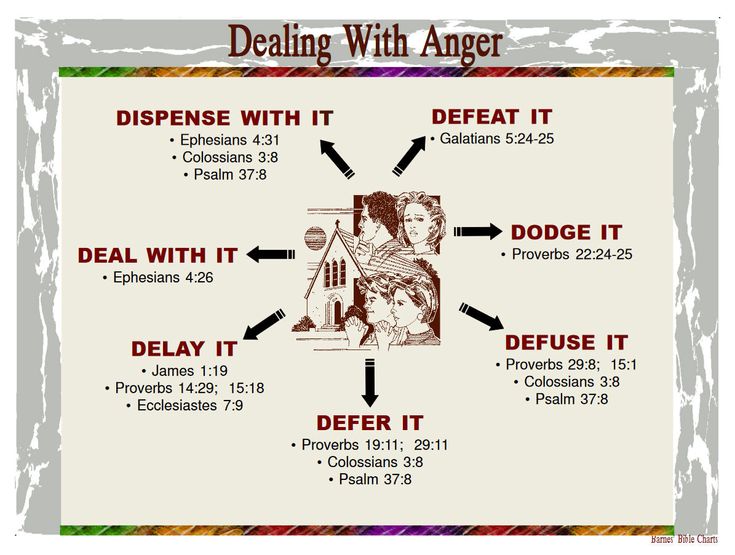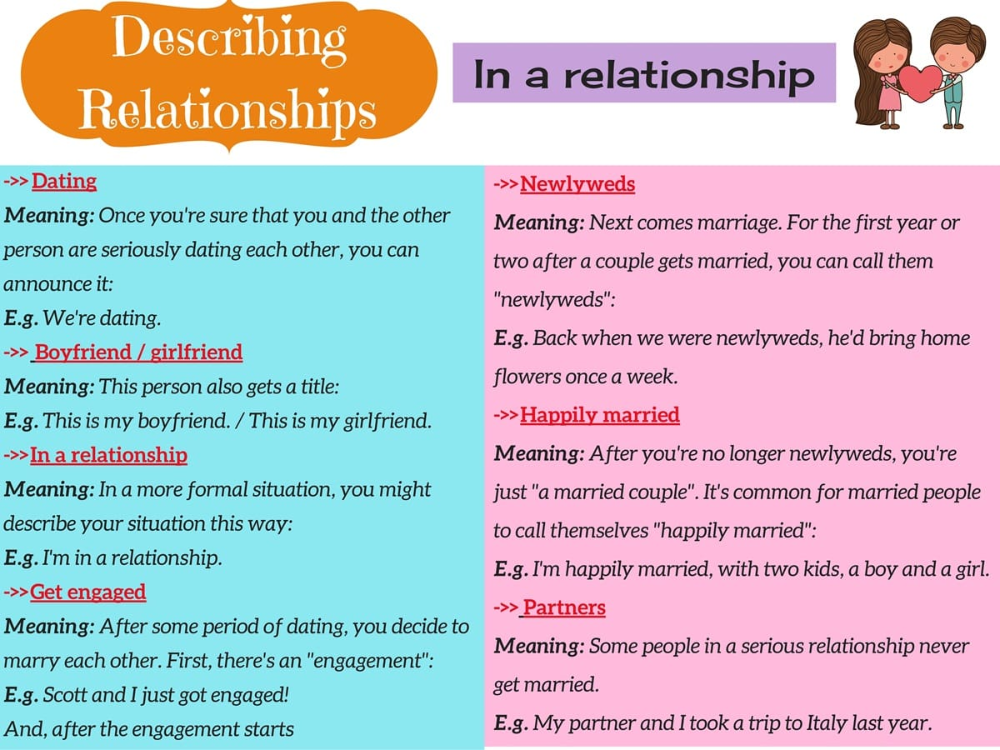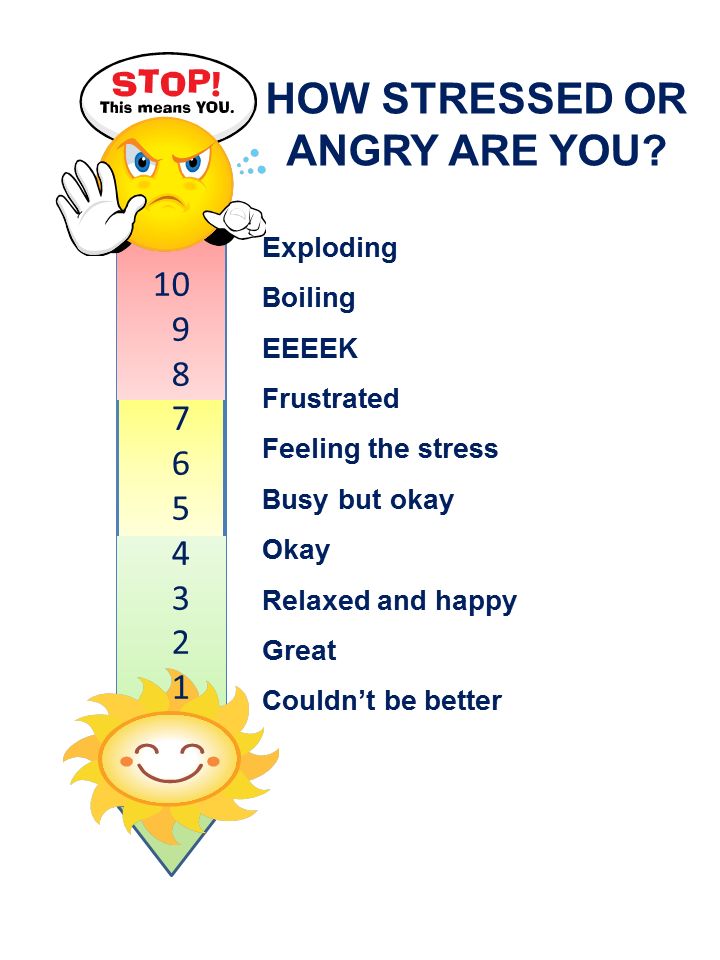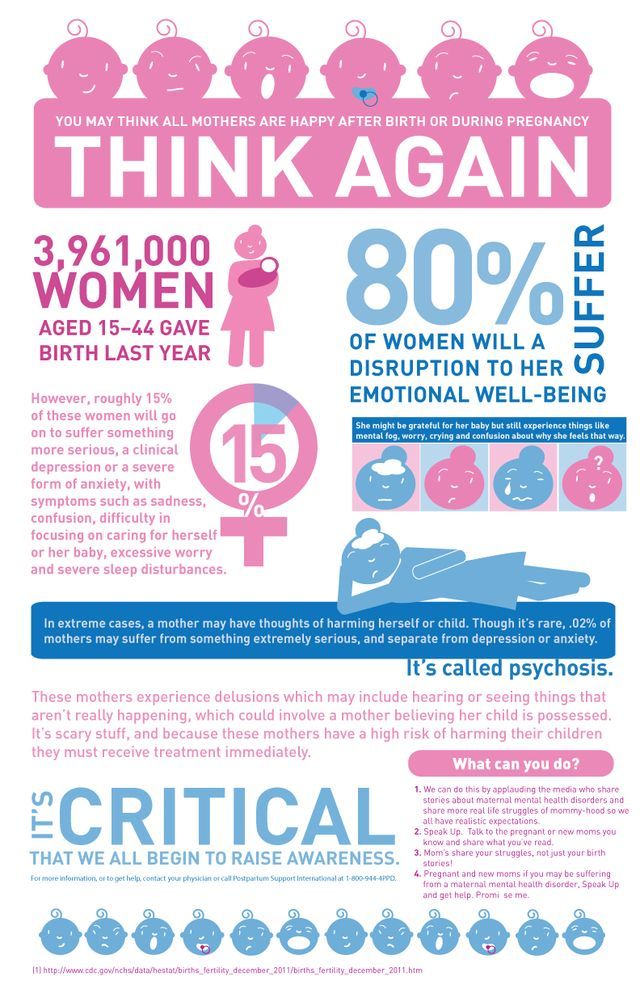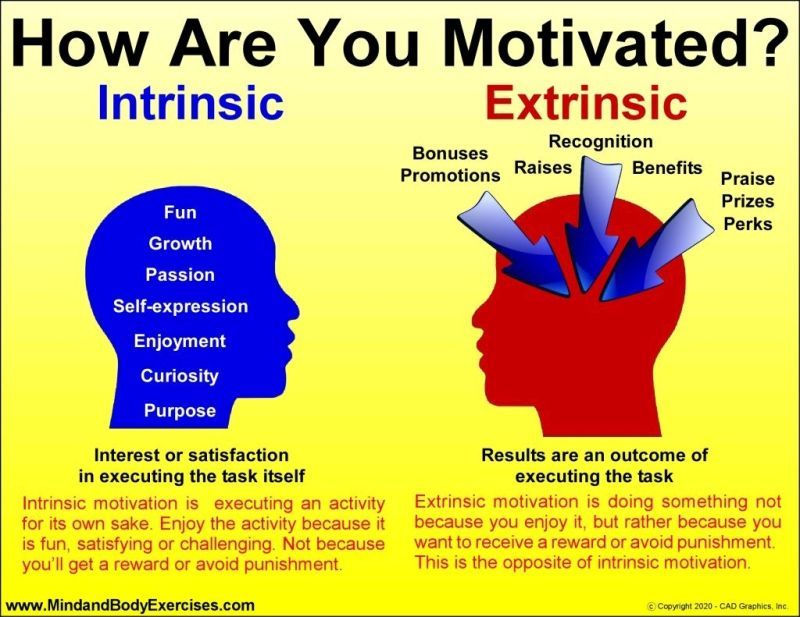Coping with anger
8 ways to deal with anger | Coping
Learning how to cope if you struggle with rage can be difficult – but there are ways you can learn to manage your anger.
How to deal with anger?
The first thing to know about learning to manage anger issues is: anger isn’t actually a ‘bad’ emotion. There’s nothing wrong with feeling rage or frustration, but what does matter is how you deal with your anger and how you express it.
If you learn anger management skills and learn how to recognise and manage your anger in a healthy way, you’ll look less like this:
and more like this:
We’re not guaranteeing you won’t still be in a bad mood, but you’ll be less likely to act in a way you might regret.
Here are our tips for the best way to control your anger.
1. Recognise the warning signs
If you can recognise when you’re starting to feel angry, you’ll be in a good place to try some of our tips before you get really worked up or lash out. You can then try a few of the strategies below. Some warning signs are:
- pounding heart
- gritting your teeth
- sweating
- tight chest
- shaking
- feeling anxious
- raising your voice
- being snappy or defensive
- temporarily losing your sense of humour
- pacing
- getting a ‘flash’ of a bad mood
- being overly critical of someone
- feeling argumentative
Acknowledging that you feel angry and identifying the emotions you're feeling can sometimes help to reduce the intensity. Saying "I'm angry right now" or "I'm feeling frustrated and annoyed" can be the first step in understanding and resolving your feelings of anger.
2. Work out why you’re angry
There’s lots of reasons why you might be angry. It’s a normal or understandable response in some situations, such as when you or someone else is being treated unfairly. If you’re not sure why you’ve just snapped at someone, though, think back through your day and try to pinpoint what set you off.
Some other reasons why you might be feeling angry include:
- you’re under a lot of pressure
- you’re experiencing bodily or hormonal changes that cause mood swings
- you’re frustrated with how your life is going
If you work on first recognising and then dealing with your anger, it won’t have such a damaging effect on your relationships, body, mind and emotions.
3. Write it down
Sometimes, writing stuff down can help you work out why you’re feeling angry and how you might be able to deal with it. Try drafting a letter to someone to explore what you think is making you angry, how you're responding to the situation and how you want to address your feelings. Take a pause before sending it and read back over your letter. This method will allow you to express your feelings, while reading over your words will help you to put things in perspective. You may find you don't need to send the letter as your feelings subside after writing, or writing it down may help you find the right words that you can use in a discussion.
4. Count to 100
This one seems pretty basic, but it works really well for anger management. Thinking about something other than what’s making you upset for 100 seconds can help you avoid blowing a fuse. It gives you a chance to gather yourself and your thoughts before you do anything else.
5. Press pause
When you feel angry about something, it’s almost impossible to deal with the situation in a productive or helpful way. If you feel yourself losing your cool, just walk away from the situation for a while. You’ll deal with it better when everyone, yourself included, is feeling calmer.
6. Move your body
Exercise is an awesome way to let off steam. You could take a walk around the block, go for a run, or do something really high-energy like boxing.
7. Talk to someone
Talking to someone you trust about how you’re feeling can take a weight off your shoulders as well as your mind. That could be a trusted adult, friend or family member. You could even join ReachOut's Online Community and talk with other young people who get how you’re feeling and can share their own anger management strategies.
If your anger is getting out of control, or you think you or someone in your life meets the criteria for a personality disorder, consider seeing a mental health professional. Watch our video to find out why talking helps.
8. Take time to relax
If you know what helps you to relax, you’ll find it really useful whenever you’re feeling angry. Take some time out to do something you enjoy, it could be:
- going for a walk in the park
- reading a book
- trying some meditation
- listening to music
- relaxation apps like Smiling Mind
Coping With Anger | SAMHSA
Learn about possible signs of anger and ways to cope after disasters as well as signs that you may need professional behavioral health help.Many people experience anger after a disaster. They may feel angry about the damage the disaster has caused, changes to their short- or long-term plans, the long recovery process, financial worries and problems, and their reactions to the disaster that are hard to deal with. Survivors of disasters may feel angry at individuals and organizations they consider to be partly (or entirely, in an incident of mass violence or terrorist attack) responsible for the disaster.
Survivors of disasters may feel angry at individuals and organizations they consider to be partly (or entirely, in an incident of mass violence or terrorist attack) responsible for the disaster.
Anger is something people in all societies around the world experience. When people get angry, they may experience these changes:
- Their heart may beat faster.
- Their blood pressure may increase.
- Their muscles may tighten.
- They may release adrenaline, which gives them energy.
- They may breathe faster or not as deeply.
- They may experience digestive issues.
- They may have difficulty sleeping.
Anger has many benefits, including helping people identify and begin to address problems in their lives and giving them energy to react to threats. It also has its downfalls. It has been linked to heart disease, high blood pressure, trouble sleeping, problems with digestion, headaches, depression, and anxiety. Anger may lead people to engage in behavior that involves risk, such as use of alcohol and other substances.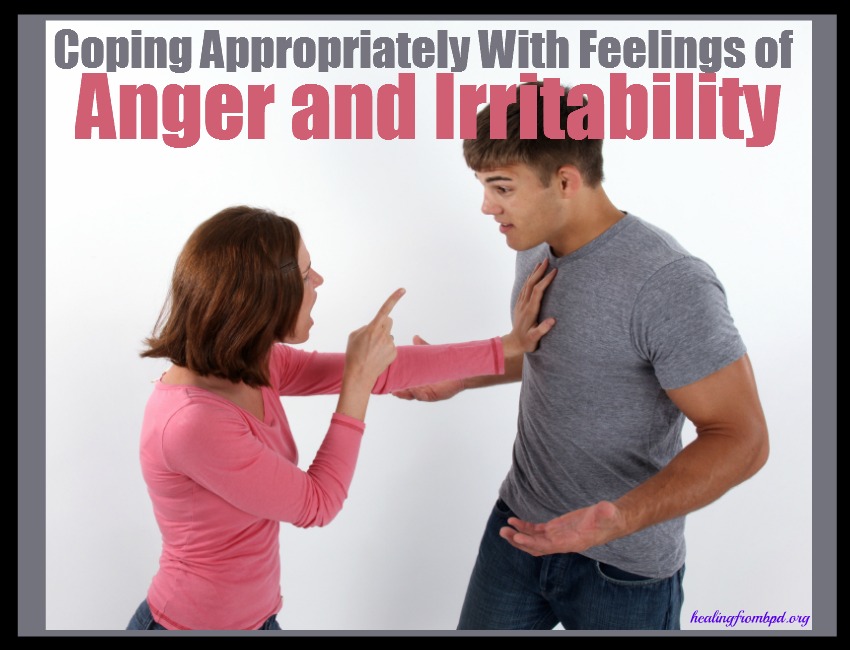
Tips for Calming Yourself
Many people find they anger more easily than usual following a disaster or other trauma. The following sections describe ways for you to manage and talk with others about your anger.
Self-management. Pay attention to cues that you are getting very angry, and when you notice them, take a break. You may want to count to 10, take a quick walk, or try some of the relaxation techniques listed below.
Assertive Communication. If you are angry with a person, it may make sense to talk with him or her directly about it when your anger is at a manageable level to do this. When you're ready, try to use "I" statements and avoid the words "always," "never," and "should."
Problem-solving Approach. If you find you are often becoming angry in a specific situation, you may want to consider ways you can change the situation. If changes are not possible, it may help to focus on areas of life you can control.
Forgiveness. Use forgiveness as you can and as it makes sense. Forgiveness may take time, but if you can experience it, it may enhance your relationship with the person you forgive.
Tips for Boosting Resilience
Connection to Community
Finding ways to connect with the people around you may help you get through your anger. You can connect with your community in several ways, including:
- Talking to someone you trust about your anger.
- Seeking out a support group through community centers or disaster recovery programs.
- Continuing to participate in groups and connecting with your community in ways that don't have anything to do with the disaster.
Harnessing Anger for Disaster Recovery
The energy of anger and other feelings you experience after a disaster may help you get community activities back up and running, contribute to cleanup efforts, volunteer in other ways to help your community as it recovers, and eventually help develop memorials and plan and run anniversary events.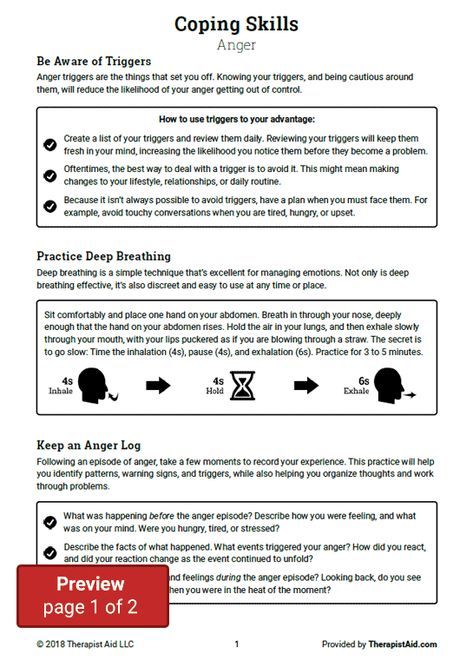
Relaxation Techniques
These techniques can lower your overall stress level, which in turn can help you manage your anger and use it in productive ways. Try the following techniques to help you relax:
- Deep breathing. Try to breathe from your abdominal area instead of from your chest.
- Visualization. Imagine that you are in a place that is peaceful and calming to you.
- Progressive muscle relaxation. Tighten and then relax each muscle group in your body.
- Gentle stretching, yoga, or tai chi.
Habits of Health
It may be hard to keep up with healthy habits after a disaster when your access to resources may be limited, and you may not be living at home. Do your best, and give yourself credit for all you do. Here are a few tips:
- Be physically active.
- Get enough sleep.
- Eat healthy.
- Avoid drugs and alcohol.
When To Seek Professional Support
People can experience anger at any time throughout their lives, no matter their stress level.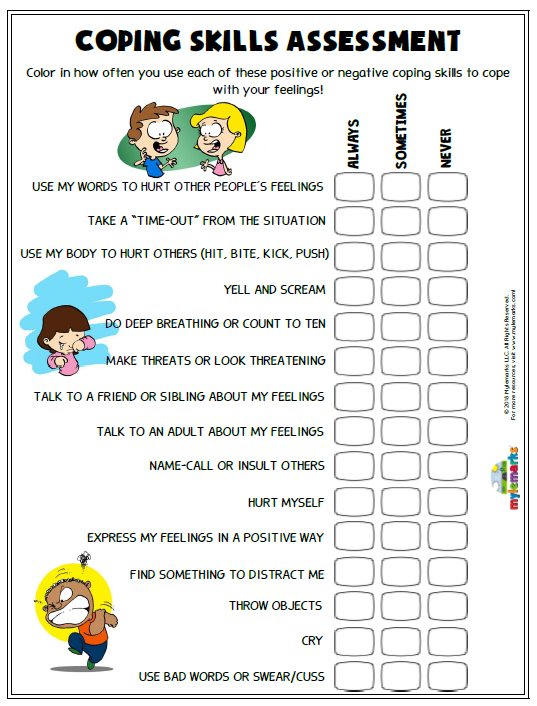 In the first 2 to 4 weeks after a disaster, you may notice more anger in yourself.
In the first 2 to 4 weeks after a disaster, you may notice more anger in yourself.
Some signs that you may need professional support include the following:
- Your anger seems out of control.
- You do things because of your anger that you regret.
- You have hurt yourself or people around you physically or emotionally as a result of your anger.
- Your friends and family members have said that they think you have a problem with anger, or they have spent less time with you because of things that happened when you were angry.
- Your anger lasts longer than one month.
- You have arguments with coworkers.
- You are no longer welcome in certain businesses because of past behavior there.
- You have caused property damage when you were angry, or you have thought about causing property damage when you were angry.
15 Ways to Deal with Anger
35,607
Know Yourself A Human Being Among Humans
Sometimes we think that being angry is bad.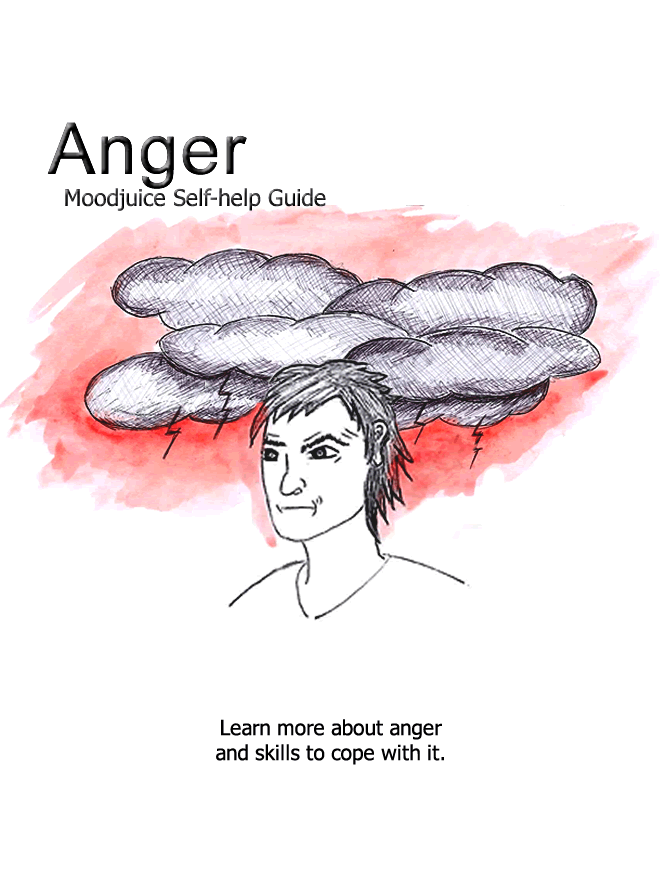 This is not true. Anger is a natural reaction when we feel threatened. In this state, the heart begins to beat faster, the face turns pale or flushed, breathing quickens. From an evolutionary point of view, such reactions prepare the body to fight off a predator or to immediately escape.
This is not true. Anger is a natural reaction when we feel threatened. In this state, the heart begins to beat faster, the face turns pale or flushed, breathing quickens. From an evolutionary point of view, such reactions prepare the body to fight off a predator or to immediately escape.
But this medal also has a downside: too much energy is wasted on anger. The tension it causes can destroy the body. Excessive aggression, both expressed and suppressed, increases the risk of cardiovascular disease. Plus, it's hard to think clearly when your mind is clouded by rage and your adrenaline is running high. Here are some tips to help you manage your anger without hurting yourself.
1. Admit that you are angry
The first step is awareness. Acknowledge your feelings. Some of us find it easier to separate ourselves from anger, emotionally distance ourselves, and not identify with it. You are not the embodiment of anger.
2. Breathe slowly and deeply from the diaphragm
Anger provokes a state of vegetative excitement, deep breathing helps to neutralize it.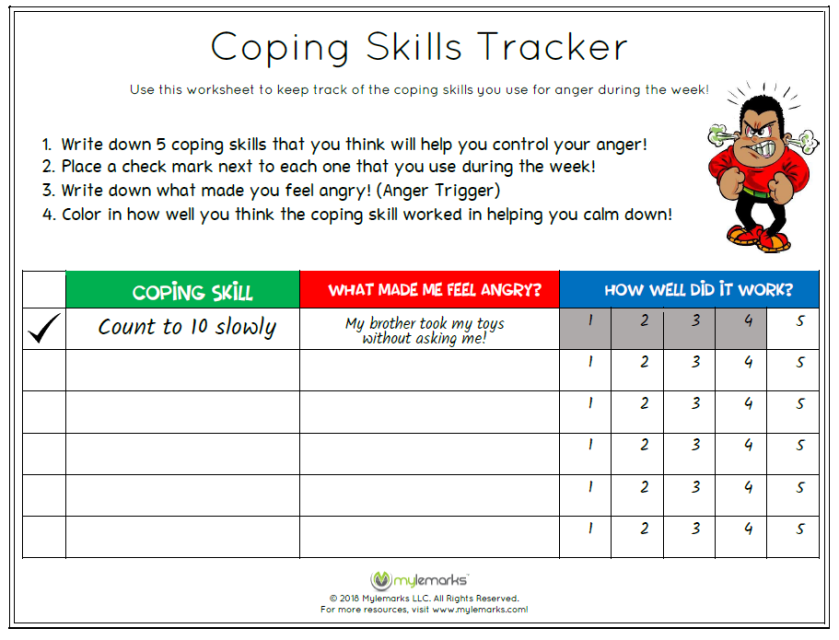 Exhalations should be longer than inhalations.
Exhalations should be longer than inhalations.
3. Ask yourself what threatens you
What is at risk: your body, personal or professional relationships, financial condition or self-esteem? Are you at risk right now? If yes, act now. Take care of yourself.
4. Don't jump to conclusions
Perhaps the colleague who didn't greet you was deep in thought or feeling unwell. Try not to jump to conclusions like "he doesn't like me" or "nobody likes me". It is better to ask a colleague how he is doing now or later.
5. Redefine expectations
Often we live with unrealistic expectations and we don't even realize it. But how can everything turn out just the way we want?
We dream of a harmonious life, but reality is full of obstacles. It is time to finally admit that we will have to face difficulties every now and then, and then when we meet with them, anger will not flare up with such force.
Drop thoughts like "he shouldn't have done this" and categorical statements like "always" or "never". Usually such judgments are subjective and erroneous.
Usually such judgments are subjective and erroneous.
Try not to dramatize the situation, don't think that someone wants to harm you
Let's say you hate being stuck in a traffic jam. This is understandable - who likes to sit in a car for hours, moving at a speed of eight kilometers per hour? But what do you usually say to yourself in such cases? What shouldn't be? That other drivers are idiots? It only fuels anger.
Look at the situation from the other side: "Well, this is an integral part of living in a big city" or "But I can listen to an audiobook." Most likely, your anger will subside.
6. Learn to apply cognitive restructuring
Don't exclaim, "This is terrible, I can't stand it!" Try saying, "Yes, it's annoying, but I can fix this problem." These two approaches give completely different results.
Try not to dramatize the situation, do not think that someone wishes you harm. Understand the difference between a desire and a demand.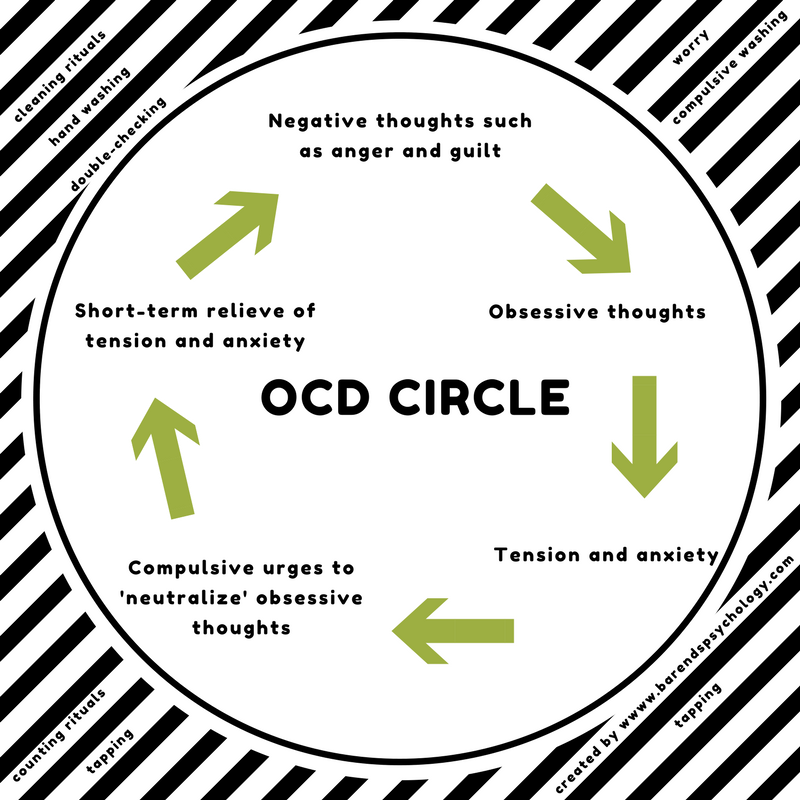 When talking to others or to yourself, use the phrases “I would like” or “I would prefer” instead of “I insist” and “you must.”
When talking to others or to yourself, use the phrases “I would like” or “I would prefer” instead of “I insist” and “you must.”
7. Ask yourself what your anger is based on
Anger makes us feel "strong" and "tough", but it's not easy to show vulnerability. But by analyzing your pain, you can better understand yourself. Anger often masks other emotions, such as sadness or fear.
8. Do not use anger as a motivation
It is believed that anger should be released, but this is a mistake. In this way, you can influence the behavior of others, but such changes will not last long. Who likes to be bullied?
9. Practice self-compassion
Admit to yourself that you are experiencing unpleasant feelings. This experience is somehow familiar to all people on the planet. Being aware of this fact will help you deal with your anger without hurting yourself or others. Your emotions should not control your actions.
10. Get moving
Take up running, Nordic walking or yoga. This will help lower the levels of hormones that cause stress and anger, and increase serotonin and dopamine levels, which will improve your mood.
This will help lower the levels of hormones that cause stress and anger, and increase serotonin and dopamine levels, which will improve your mood.
11. Talk to a close friend
Someone who knows you well can look at the situation differently and help you do the same.
12. Be aware of your feelings and needs
Use "I-statements" when expressing feelings. Don't criticize or blame others. Try to take feedback from others without becoming defensive or argumentative.
13. Concentrate on the solution
Once you have realized that you are angry and understand why you feel threatened, focus on finding solutions to the problem. So you direct your energy in a peaceful direction.
14. Use anger as a clue
My father and I used to get into heated discussions. When my mother asked: “Why are you swearing again?”, Father answered: “We don’t swear, we are just passionate!” We expressed our emotions without anger and resentment.
What hurts you can tell you exactly how you could benefit the world.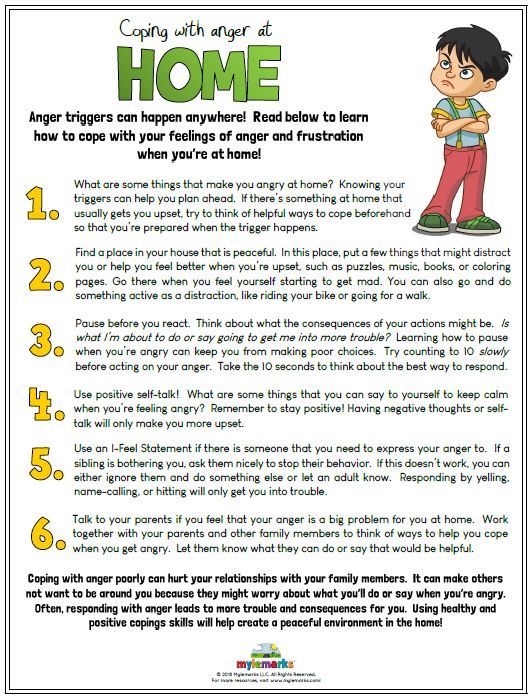 Are you upset by the situation with homeless animals? Help a dog shelter. Outraged by the situation of the poor? Become a volunteer at a social assistance center.
Are you upset by the situation with homeless animals? Help a dog shelter. Outraged by the situation of the poor? Become a volunteer at a social assistance center.
15. Practice mindfulness
Don't judge yourself for being angry - that will only make you more irritable and exacerbate the problem. Try to accept the fact that you are angry. Don't let anger control your actions, but don't deny it either. Admit anger and refrain from judgment. Your goal is to understand what's going on. You can then use the tips above to mobilize, focus, and channel your anger in a constructive way.
Anger in itself is not bad, but we must be able to control it so that it does not poison our lives and relationships with others.
About the author: Rachel Finzi is a psychotherapist at UCLA.
Text: Zhanna Omelianenko Photo source: Getty Images
New on the site
Fears, obsessive desire or lack of it: how to deal with psychological infertility
Quiz: Do people respect you?
Alexander Fedorov: "The theater is fantasy, freedom and communication"
Stress hormone: how to maintain normal cortisol levels - 5 doctor's advice
How to prepare for the New Year: beauty treatments, makeup trends and fashion styling
“I don't understand why I was born.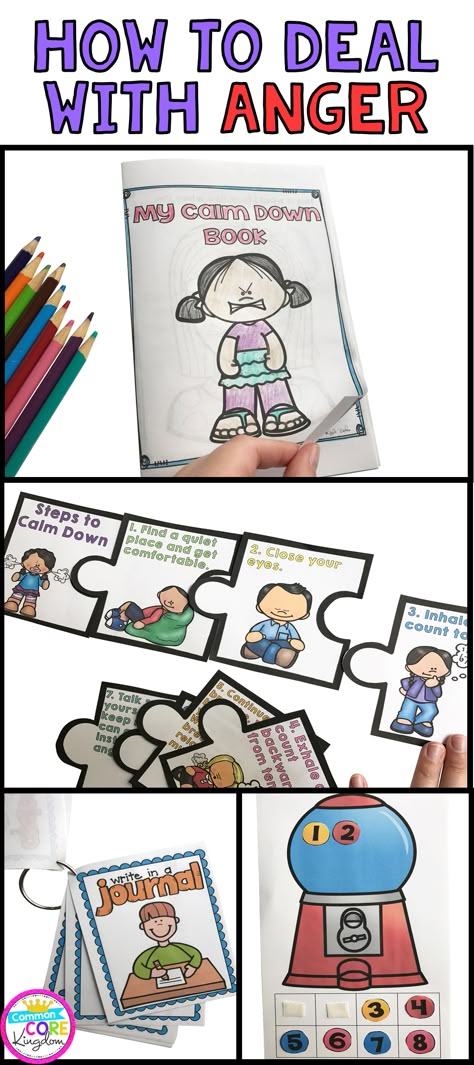 I have no purpose”
I have no purpose”
“The Same Rake”: 5 Reasons We Attract Similar Troubles
Onward to Success: 4 Steps to Get the Most out of Life – Try It Now
How to Deal with Anger: 6 Ways for People with High Emotional Intelligence0003
Our anger, both open and hidden, is meant to convey something important to those around us, but it also pushes them away. We sincerely want to be heard and understood, but we get the opposite result. In whatever form we express aggression, it interferes with building effective communication.
Many people think that a passive-aggressive style of interaction is better and "more pleasant" than open outbursts of rage, but this is not so. The French designate passive aggression with the phrase sous-entendu (“hint”, “reticence”).
We seem to pronounce quite innocent words, but in reality we mean something completely different, evil and cruel end the conversation. So, if you are looking for an honest and productive dialogue, you should look for another strategy.

How to express negative emotions and not destroy relationships?
1. Listen to yourself and be aware of what is happening
Even if you are just seething with anger, it is better to wait it out - otherwise communication will go down the wrong path. When we are angry, the brain is captured by this emotion and we cannot think of anything else. The amygdala, the emotional center of the brain, is so active that it's hard for us to think logically.
Take a walk and take a deep breath, distract yourself with a funny video, meditate, pray - use any technique that will help you regain your composure. Cooling down a bit, you will be able to communicate more effectively.
2. Recognize your emotions
Determine if what you are feeling is really anger? Often we think that we are annoyed by a person or situation, but in fact we do not experience anger, but pain, sadness or rejection. By understanding what your emotions are, you can tell the interlocutor exactly about them.
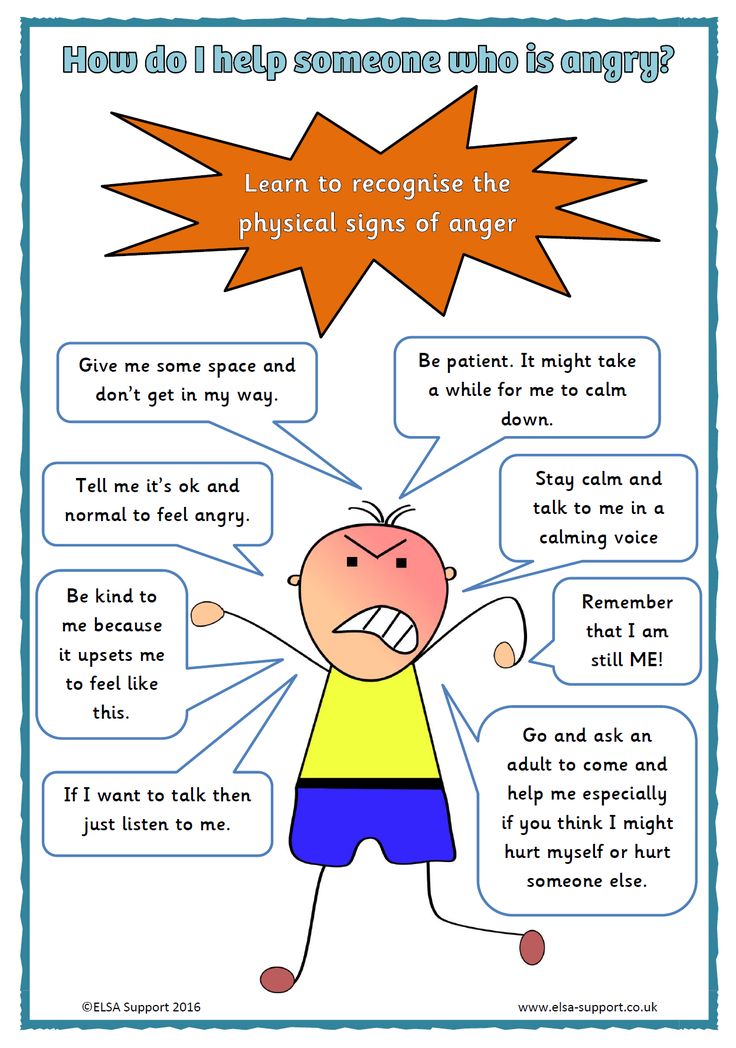
3. Find out if you are putting the blame on others
It's too easy to blame someone else for your troubles. You are hungry, tired, overwhelmed, tense, unhappy in marriage, and you place all the responsibility for this on the one who turned up under your arm, most often on someone close to you. By doing so, you push away the people you love the most, and this makes things worse. In addition, your irritation does not disappear anywhere, because you took it out on the wrong person and did not figure out the true cause of your anger.
4. Be curious
Research shows that negative emotions make us self-centered. When we are focused on sensations, we are not able to put ourselves in the place of another and see the situation from his point of view. As a rule, we do not even take into account his condition at the moment. That is why we need to awaken curiosity in ourselves.
Ask why your counterpart behaves the way he does.
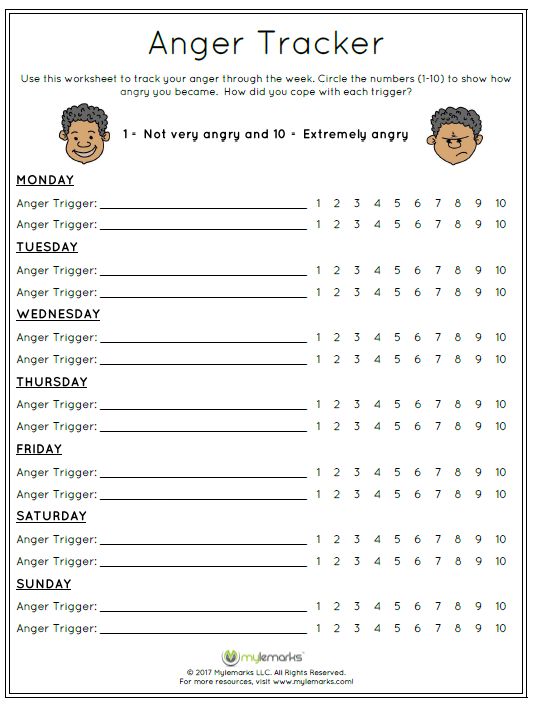
Instead of confrontation, ask sincerely why he does what he does. Chances are, the person you're mad at isn't deliberately trying to hurt you. Try to understand him before you blame him.
5. Express empathy
By putting yourself in the other person's shoes and asking "why" instead of assuming the worst, you communicate openly and respect the other person's right to think, feel, and act in a certain way. As a result, you build deeper relationships based on empathy.
In response to aggression, a person is forced to defend himself and respond in the same spirit, but in this case he feels safe and is able to hear your point of view.
6. Learn to communicate correctly
Express your opinion using "I-messages", talk about how you feel. But do not limit yourself to this, otherwise your view of the situation will remain one-sided. Ask the interlocutor to share his point of view, try to hear him and come to some kind of compromise together.
Show genuine interest and don't take a diatribe.
How to keep the situation under control
Forced to associate with a passive-aggressive person? These simple tricks will help you avoid unnecessary stress and defend your boundaries.
1. Call a spade a spade
"Did you really want it to sound so aggressive?" - this direct question can quickly bring the attacker to his senses. Caught red-handed, he will most likely hasten to answer: “No, what are you!” Then, if you like, elaborate on what upsets him. Offer to talk calmly and kindly about how he feels.
2. Ignore his attacks
If the interlocutor is openly hostile towards you, then you are not at all obliged to follow his lead. If you can let go of the situation and not attach importance to his attacks, you can’t imagine a better way out.
3. Show compassion and forgiveness
A passive-aggressive (or aggressive) person is clearly angry and tense. You won’t envy him - it’s not easy to live with such destructive feelings in your soul.
